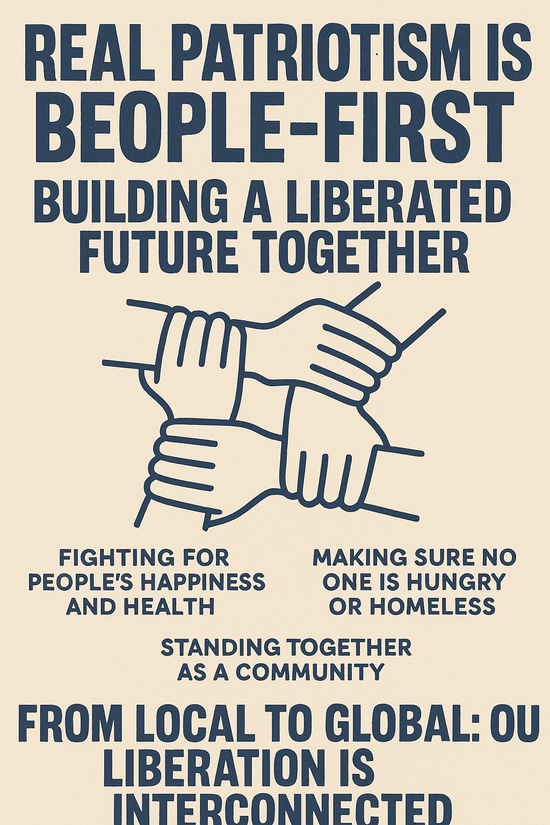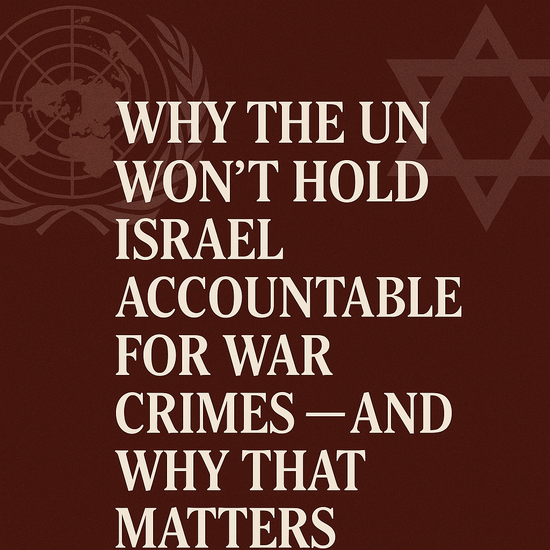The pursuit of justice has long been a defining pillar of human civilization. But what happens when the most powerful evade accountability? When international crimes are met with indifference, and the systems designed to uphold justice falter?
Recent events have brought this question to the forefront. On November 21, 2024, the International Criminal Court (ICC) issued arrest warrants for Benjamin Netanyahu and Yoav Gallant, charging them with crimes under the Rome Statute. Despite legal advancements, the lack of enforcement remains a glaring weakness in international justice.
This article dives into the mechanisms of global accountability, the existing challenges, and the urgent reforms required to ensure no one remains above the law.
The Rome Statute: A Framework for Justice
The Rome Statute established the ICC in 2002 with a singular mission — to investigate and prosecute individuals responsible for crimes of genocide, war crimes, crimes against humanity, and aggression. It was a monumental achievement in international law.
Yet, the effectiveness of the ICC is often undermined. Countries that are not party to the statute, including powerful nations, can obstruct justice. Arrest warrants issued by the court rely heavily on member states for enforcement, creating a loophole where political influence shields the accused.
When Justice is Blocked
Israel’s challenge to the ICC’s jurisdiction in Palestine is a striking example of how international accountability is contested. Despite overwhelming evidence and legal backing, enforcement mechanisms remain weak. The warrants for Netanyahu and Gallant may represent legal victories, but without concrete action, they risk becoming symbolic gestures.
A Call for Immediate Action
The need for an empowered enforcement system is critical. We cannot wait for bureaucratic processes while humanitarian crises unfold. A functional global justice system must include:
1. Emergency Response Mandates:
When mass atrocities occur, international bodies must have the authority to impose immediate, enforceable actions. Independent monitoring teams, rapid-response forces, and logistical support for displaced civilians should be the norm — not the exception.
2. Ceasefire Enforcement:
Ceasefire agreements often crumble without accountability. Independent observers must oversee compliance, while peacekeeping forces ensure civilian safety. Violations should trigger automatic legal repercussions.
3. Protection of Civilians:
Humanitarian organizations and medical teams need guaranteed safe passage. Attacks on aid workers must be prosecuted under international law, with no exceptions. Providing assistance is not optional — it is a moral imperative.
The Consequences of Inaction
When perpetrators act without consequence, the message is clear: power trumps justice. Civilians become pawns in political conflicts. Refugee crises escalate. Economies crumble. And the global community loses its moral standing.
But accountability can restore hope. International tribunals have shown that justice is possible — from the Nuremberg Trials to the Yugoslavia War Crimes Tribunal. These moments remind us that impunity is not inevitable.
What You Can Do
The fight for justice isn’t confined to courtrooms. Individuals have the power to amplify demands for accountability.
- Stay Informed: Follow credible news sources and read reports from international organizations like Human Rights Watch and Amnesty International.
- Raise Your Voice: Use your platforms to call for enforcement of ICC rulings. Public pressure often influences government actions.
- Support Humanitarian Efforts: Donate to organizations providing aid in conflict zones and assisting displaced communities.
-Contact Your Representatives: Demand policies that support international accountability mechanisms and call for sanctions against perpetrators of war crimes.
A Shared Responsibility
Justice is not a distant ideal. It is a commitment we uphold for one another — across borders, beliefs, and backgrounds. Every voice matters in this pursuit. Every action builds the momentum needed for change.
The ICC’s rulings are a step in the right direction, but without enforcement, they remain powerless. The time for passive observation has passed. Demand accountability. Demand justice.
Because when the powerful are held accountable, the world moves one step closer to lasting peace.




